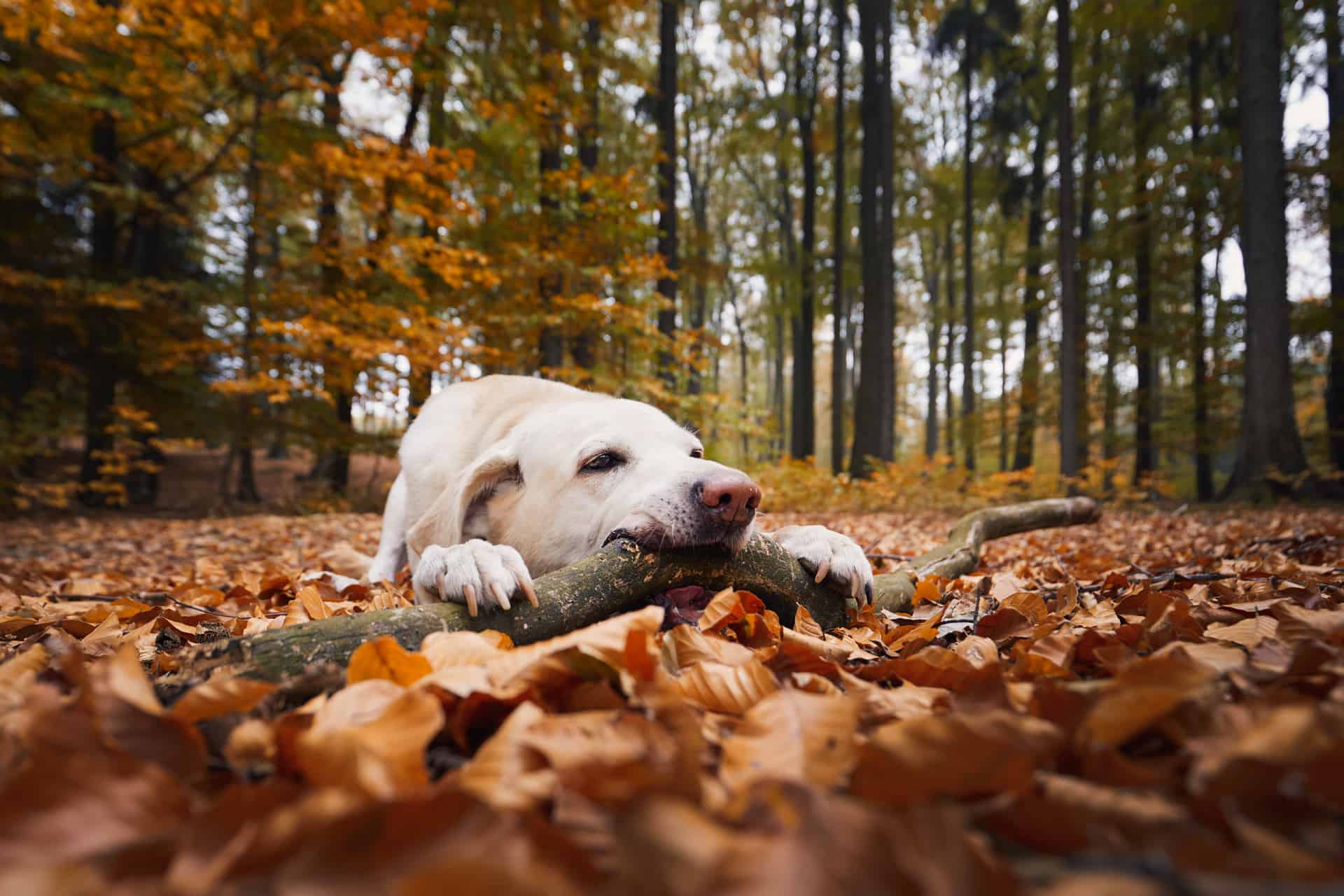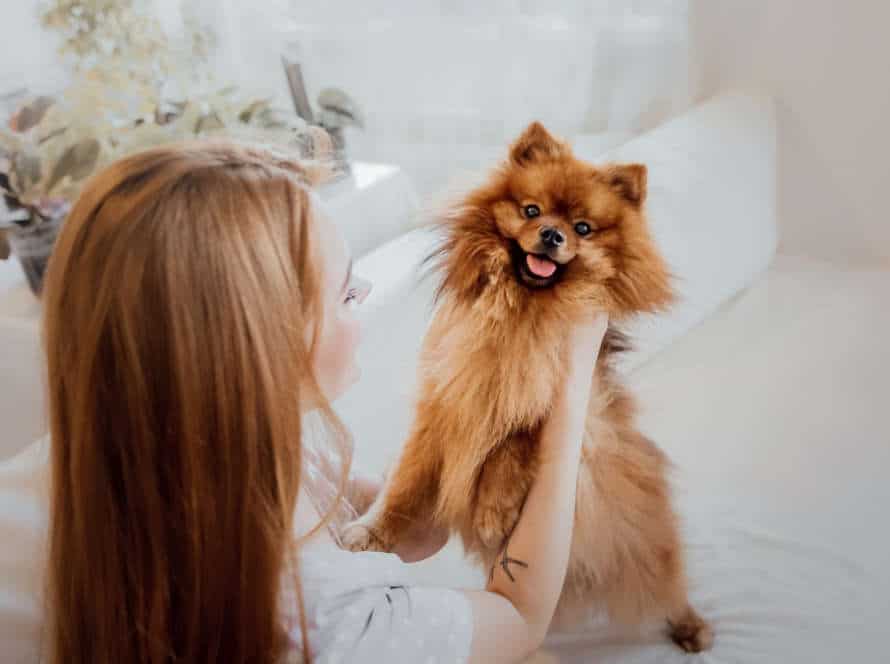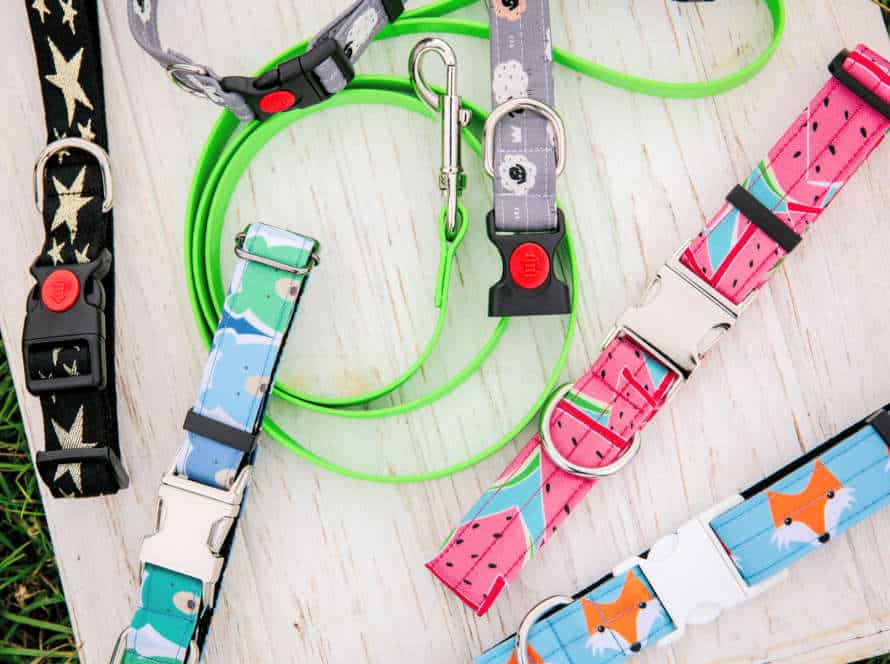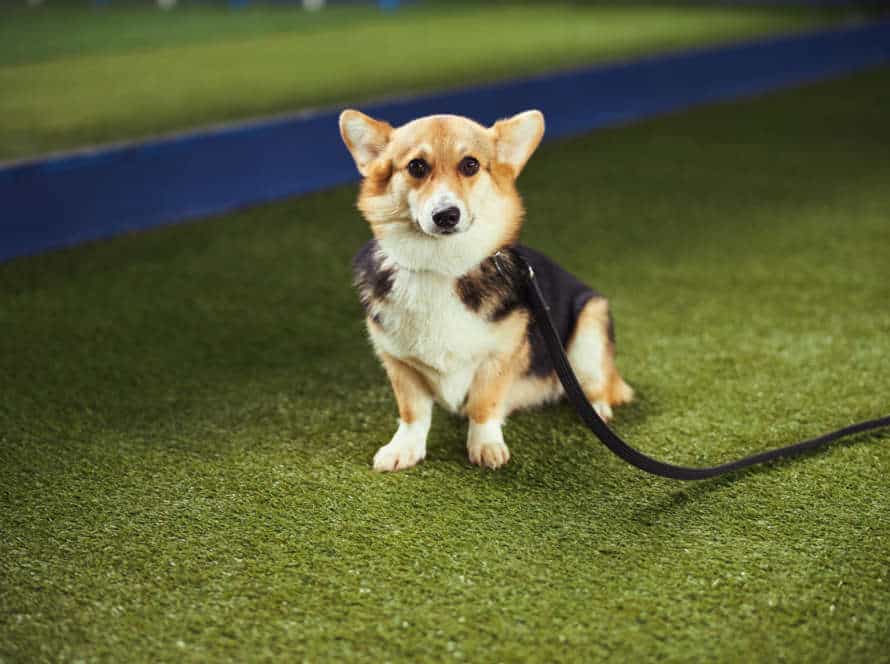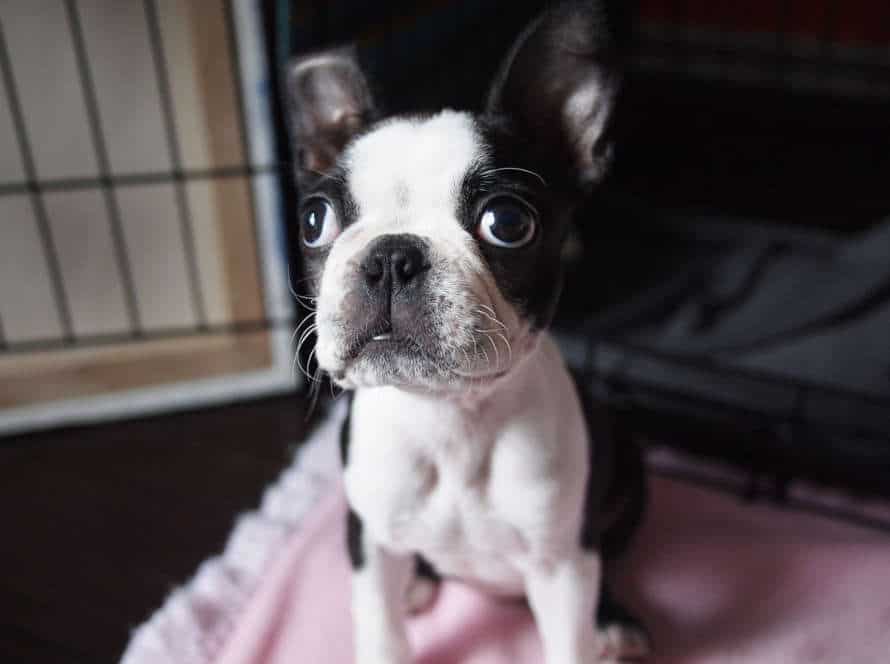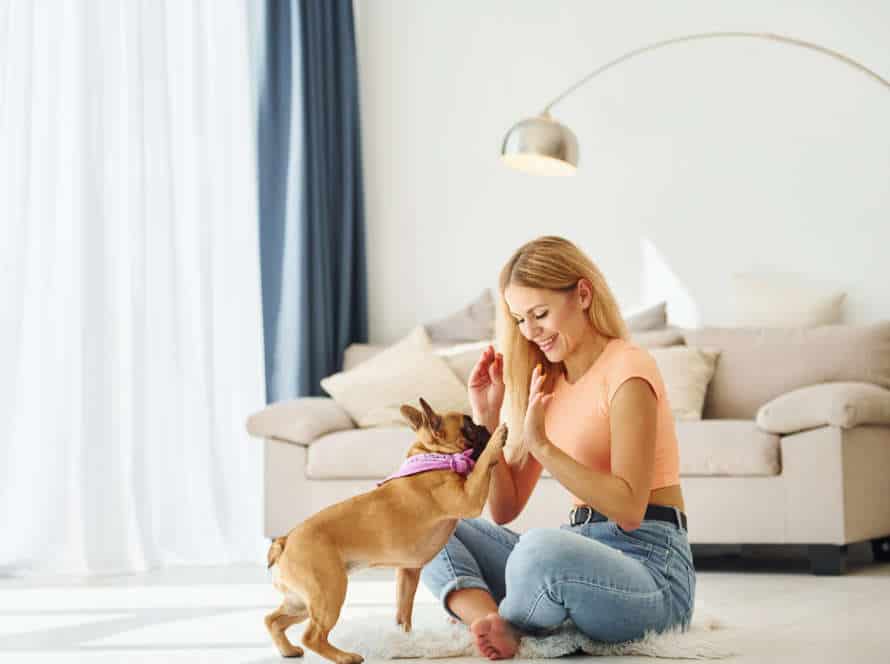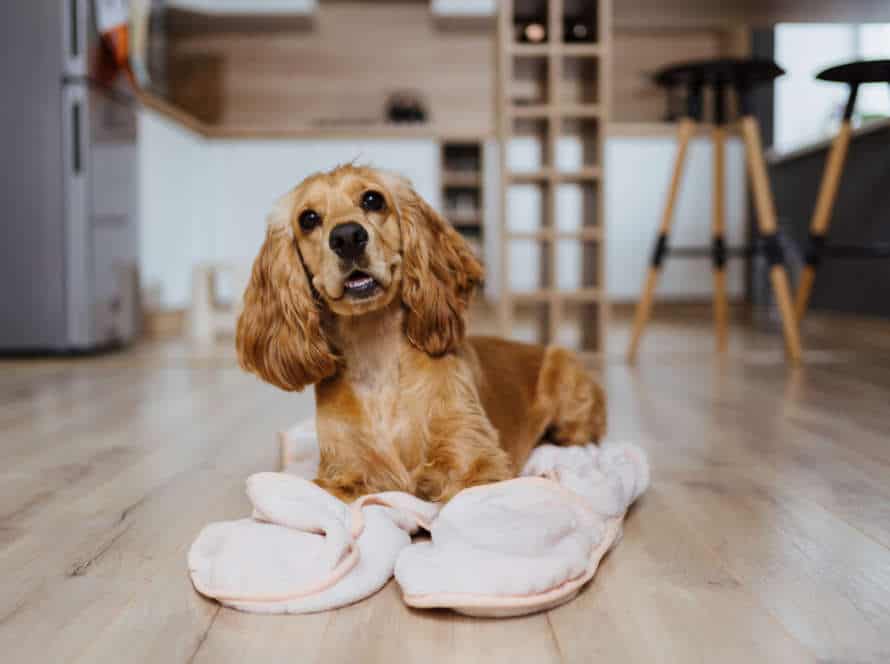How to Maintain Bite Inhibition Skills as Your Puppy Grows
Bite inhibition is essential for puppies. It helps them understand how hard they can bite without hurting. Keeping this skill is key to avoid aggressive behavior when they grow up. Here are some tips:
- Provide chew toys, so they know how to use their jaws right.
- Don’t play rough games like wrestling or tug of war.
- Use positive reinforcement – treats and praise – to reward good behavior and discourage biting.
- Socialize with other dogs and people from a young age. This helps them learn the right behavior, and lowers the risk of aggression later.
Understanding the Importance of Bite Inhibition
Teaching your pup bite inhibition is essential! Knowing how to control the strength of their bites is key. Awareness of this is important for a puppy to become a happy, well-mannered adult dog. Learn the techniques and use them to ensure success.
What is bite inhibition and why is it important?
Bite inhibition is when a pup can control the power of their chomp. It’s an essential skill for doggos to learn, as it can stop unexpected gnaws and make it easier for an owner to train their furry pal.
Puppies learn bite inhibition from their mums and siblings during playtime. If a pup bites too hard, the littermates will yelp and stop playing, teaching the puppy that biting too intensely isn’t ok.
When a pup develops and starts playing with humans, it’s important to keep teaching and supporting their bite inhibition. This can be done through monitored play, training, and positive reinforcement. Dogs with good bite inhibition abilities are less likely to bite someone by mistake or do real damage if they do bite.
Pro tip: If you’re not sure about teaching bite inhibition, speak to an expert dog trainer or behaviorist for help.
Why puppies need to develop bite inhibition skills during their early months
Puppies need to learn bite inhibition during their early months. That way, they won’t be aggressive to humans or other animals.
Mouth play helps them explore their world. But this can be inappropriate and harmful. Bite inhibition teaches them to control the intensity of their bites, reducing the chance of harm.
How to maintain bite inhibition as your puppy grows:
- Stay consistent with boundaries and training.
- Praise good behavior.
- No aggressive play.
- Give exercise and mental stimulation.
By following these tips, your puppy can learn proper bite inhibition. So they can grow up to be a safe and well-behaved dog.
Consequences of not developing bite inhibition skills
Bite inhibition is critical for puppies.
Not teaching it can have dire consequences for both the pup and its human friends.
Without it, play-biting can become aggressive, leading to injury and distress.
Moreover, puppies without it face a higher risk of being abandoned or put down due to being unmanageable and a danger to others.
Therefore, it’s important to maintain bite inhibition.
Do this by giving your pup socialization opportunities and positive reinforcement training.
With patience and consistency, your puppy will become a safe and behaved companion.
Training Techniques for Bite Inhibition
Your puppy needs to learn bite inhibition! Training is the way to teach them how to use their mouth properly. Here’s how to train them with techniques:
- Encourage positive behavior.
- Use rewards when appropriate.
- Redirect their attention when necessary.
- Teach them what hurts and what doesn’t.
- Provide them with toys to chew on.
- Monitor their behavior closely.
Chewing Toys – Good and Bad Chew Toys
Chew toys are an absolute must for pet owners. They help redirect a pup’s natural tendency to chew and bite onto suitable objects, instead of furniture or people. But, not all chew toys are the same. To guarantee your pup’s safety, and help them keep their bite inhibition skills, you need to know the difference between good and bad chew toys.
Good Chew Toys: Made of tough, non-toxic materials like rubber, nylon, or KONG-style toys. These toys can clean teeth and reduce plaque.
Bad Chew Toys: Soft or easily breakable materials, small enough to swallow, such as rawhide, stuffed animals, or tennis balls. These can be a choking hazard, obstruct your pet’s digestive system, or break off into pieces, causing harm.
Always supervise your pet while they’re chewing. Inspect toys regularly for any damage, and get rid of damaged or frayed toys straight away. Encourage your pup to try new toys, reward them when they chew the right things, and switch the focus when they do something wrong, to teach them what’s okay. Pro tip- A chew toy that can be filled with treats will offer extra stimulation to your furry friend.
Using positive reinforcement to reinforce good chewing habits
Positive reinforcement is a great way to help puppies develop good chewing habits and also maintain bite inhibition skills. Here are some tips:
- When your puppy chews something appropriate (like a chew toy), reward them with praise, treats or playtime. Use a ‘marker’ word like “Yes!” or “Good!” so they know a reward is coming.
- Don’t do any physical punishment, it can make your pup fearful or aggressive.
- If they start to chew something bad (like furniture or shoes), show them an appropriate chew toy and reward them when they do it.
- Consistency is important, every time you see good chewing behavior, reward it.
With consistent positive reinforcement, your puppy will understand what is right and maintain their bite inhibition skills.
Discouraging Unwanted Chewing and Biting Behaviors
Puppies naturally chew and bite as they explore and develop. But, this can harm people and property, so it’s important to discourage it. Bite inhibition training helps teach puppies to control the force of their bites, which is key for proper socialization.
For maintaining bite inhibition skills:
- Avoid rough play or any activities that can lead to intense biting.
- Use positive reinforcement to encourage good behavior and redirect bad biting.
- Train obedience, which helps with overall behavior and strengthens connection.
- Provide chew toys and bones to satisfy the chewing urge and avoid biting other things.
- Monitor behavior and intervene when needed to stop unwanted biting or chewing.
It takes patience, consistency, and positive reinforcement to maintain bite inhibition in puppies. With the right training, your pup can learn how to control their biting and become a great adult dog!
Tips to Maintain Bite Inhibition Skills as Your Puppy Grows
Bite inhibition is something puppies must learn. Caregivers should take steps to ensure their pup knows how to control their bite. Here are some tips to help keep this skill as the pup grows:
Continue Training and Consistency
Bite inhibition is a must-have skill for pups. It helps them understand their bite strength and prevents unintentional harm to people or other animals. As your pup gets older, this skill might weaken, so it’s important to stay consistent with their training. Here are some tips that can assist:
- Make sure training sessions are frequent and regular, even as your pup grows.
- Reward your pup with treats or toys for positive behaviors, redirect negative ones.
- Create safe spaces for play where pup can practice their bite inhibition with toys or other pups.
- Don’t engage in rough play or activities that might encourage biting, like tug-of-war or wrestling.
With regular training and positive reinforcement, your pup can keep their bite inhibition skills, preventing dangerous habits from forming.
Encouraging Playdates and Socialization
As your pup grows and gets more used to its surroundings and people, it’s important to keep its bite inhibition skills. Setting up playdates with other pups or dogs of a similar age and size is a great way to help them build these skills. Here’re some tips:
- Organize playdates with similar-aged and sized pups.
- Make sure the play area is secure and roomy.
- Watch their behavior carefully and intervene if playtime gets too rough or if one pup seems uncomfortable.
- Redirect their focus if they start nipping or biting by giving them a chew toy or treat.
- Use positive reinforcement and reward your puppy for good play and gentle behavior.
Pro tip: Remember that socialization and play are important for your pup’s physical and mental growth. Encouraging bite inhibition skills through play can help ensure your pup grows up to be a well-adjusted and obedient adult pooch!
Seeking Professional Help/Training When Needed.
Teaching your pup a soft bite is key. However, getting aid from pros is essential for keeping your pet’s bite inhibition skills as it grows.
Professionals give pet owners direction and assistance, working with both the animal and its owner to guarantee safe and sound behavior around others.
Here are several tips to maintain your pup’s bite inhibition skills:
- Keep training and socializing it with other pets and persons. This will show your pet diverse conditions, assisting it in creating better self-control.
- Offer rewards to your dog for proper behavior and do positive reinforcement techniques.
- Teach your pet acceptable play habits and redirect unapproved behavior.
- Ask help from experienced trainers when you need it.
Be aware, properly trained dogs with good bite inhibition skills are safe around children and other animals. Pro Tip: Train with attention to your pup’s character and learning ability to adjust your training style accordingly.
Frequently Asked Questions
Q: What is bite inhibition and why is it important for my puppy to learn?
A: Bite inhibition refers to a dog’s ability to control the force of their bite. It’s important for puppies to learn this skill because they often use their mouths to play and explore their environment, and without proper training, they can unintentionally injure people or other animals.
Q: How do I teach my puppy bite inhibition?
A: One effective method is to yelp or make a high-pitched noise when your puppy bites too hard during play. This mimics the response of other puppies in a litter who have been bitten too hard, and your puppy will begin to learn that biting too hard causes discomfort to their playmate.
Q: What should I do if my puppy continues to bite too hard even after training?
A: If your puppy continues to struggle with bite inhibition, it’s important to seek the help of a professional trainer or behaviorist. They can help identify the underlying issue and provide more specialized training techniques.
Q: Do I need to continue practicing bite inhibition training as my puppy grows older?
A: Yes, it’s important to maintain bite inhibition skills as your puppy grows and develops. As your dog’s teeth get stronger and their jaws grow, their bites can become more dangerous if they don’t learn to control their force.
Q: Can I train my puppy to bite harder if I want them to protect my home?
A: No, training your puppy to bite harder goes against the principles of responsible dog ownership and can be dangerous for both you and your dog. Instead, focus on training techniques that help your dog understand when it’s appropriate to protect their home and when it’s not.
Q: Is it ever okay for my puppy to use their mouth during play?
A: Yes, it’s okay for puppies to use their mouths during play, but it’s important to use training techniques to ensure they learn appropriate play behavior. This means discouraging biting too hard or when it’s not appropriate (such as during greetings) and encouraging gentle mouthing or chewing on appropriate toys.

